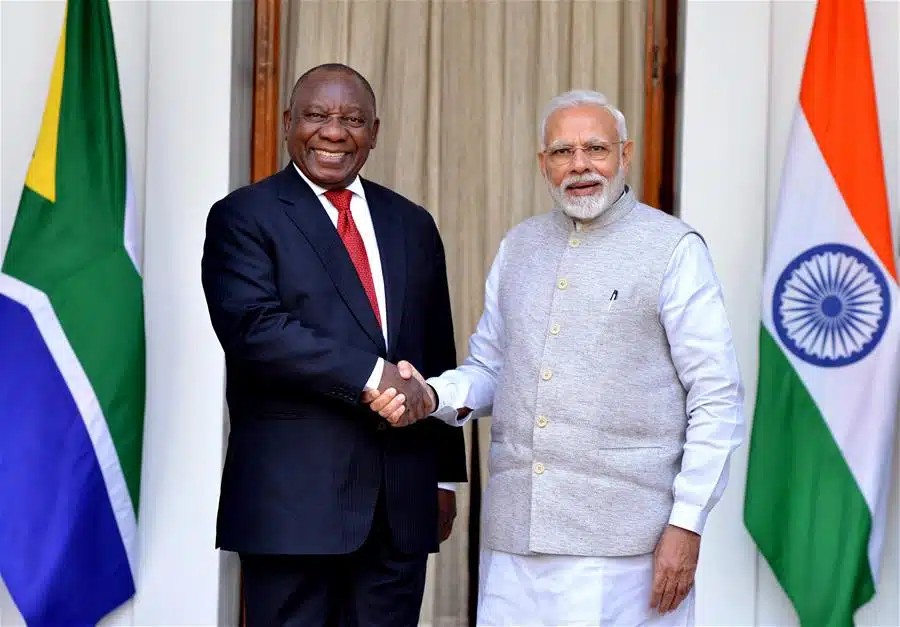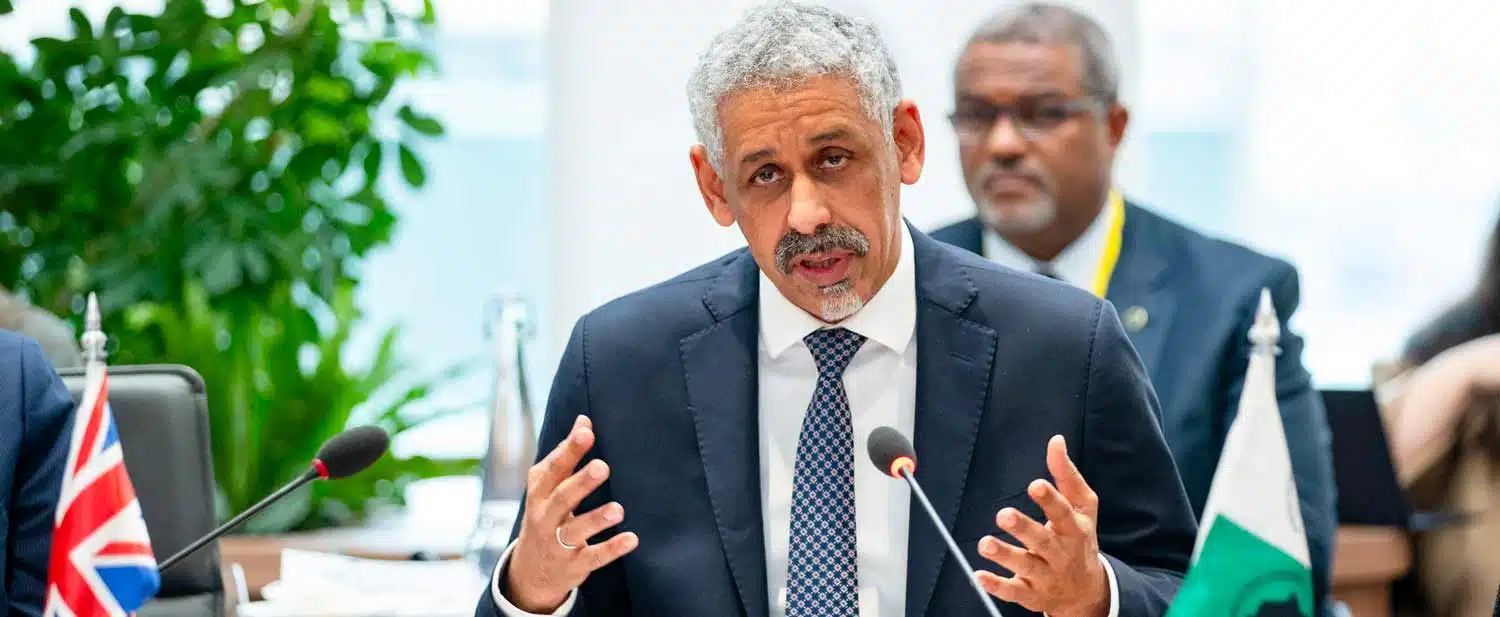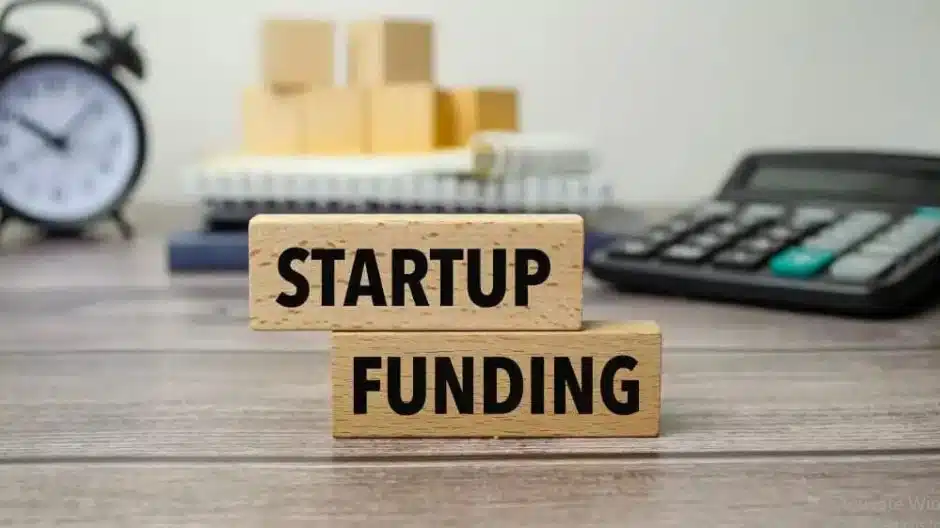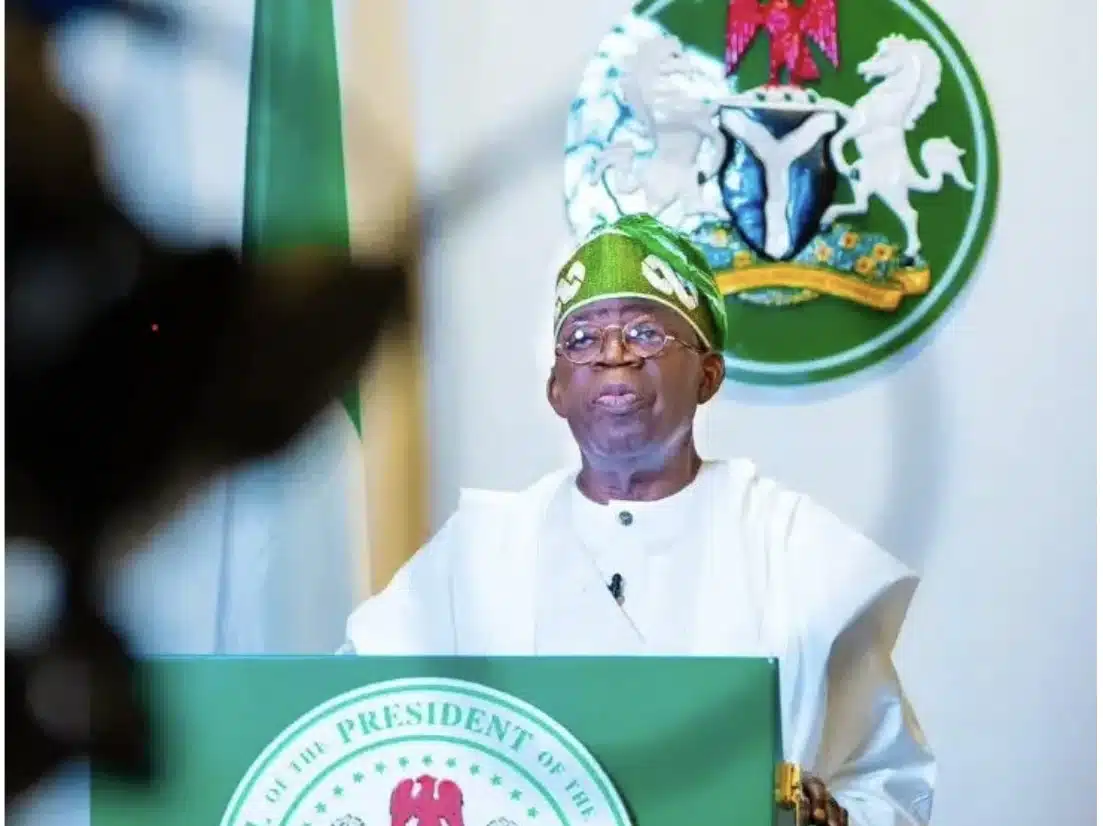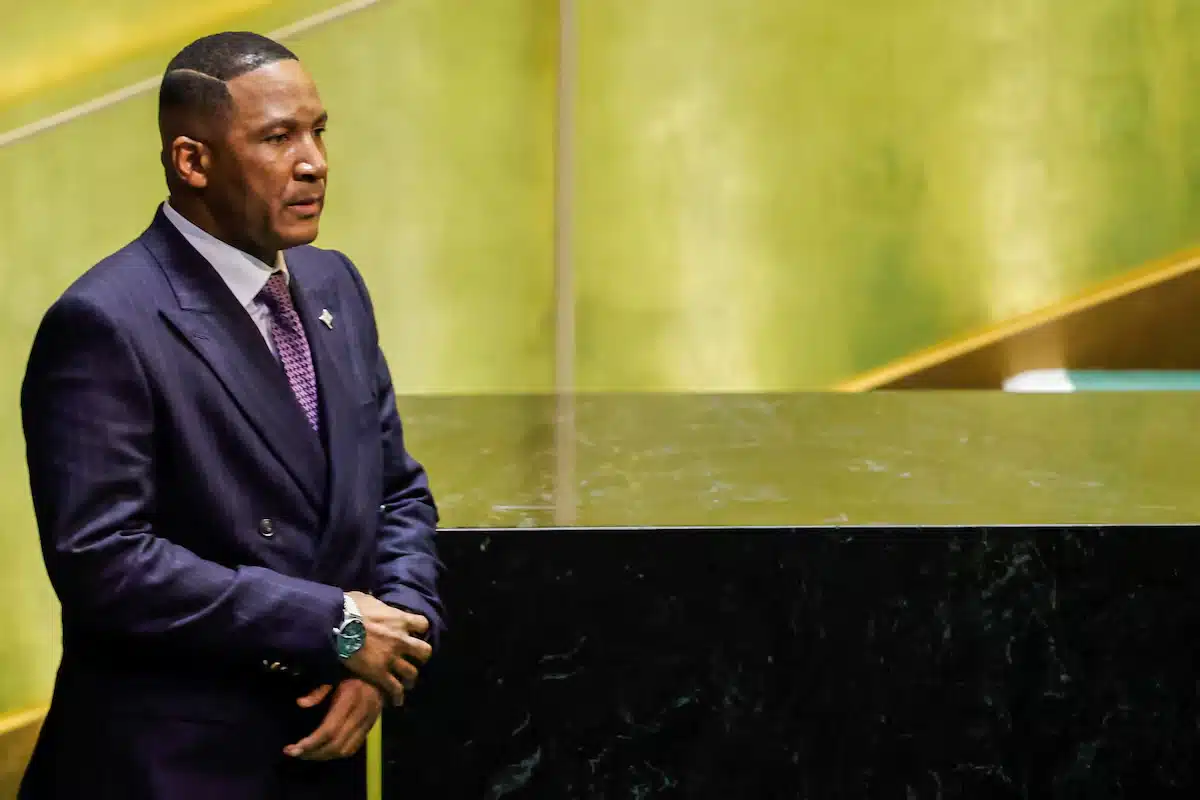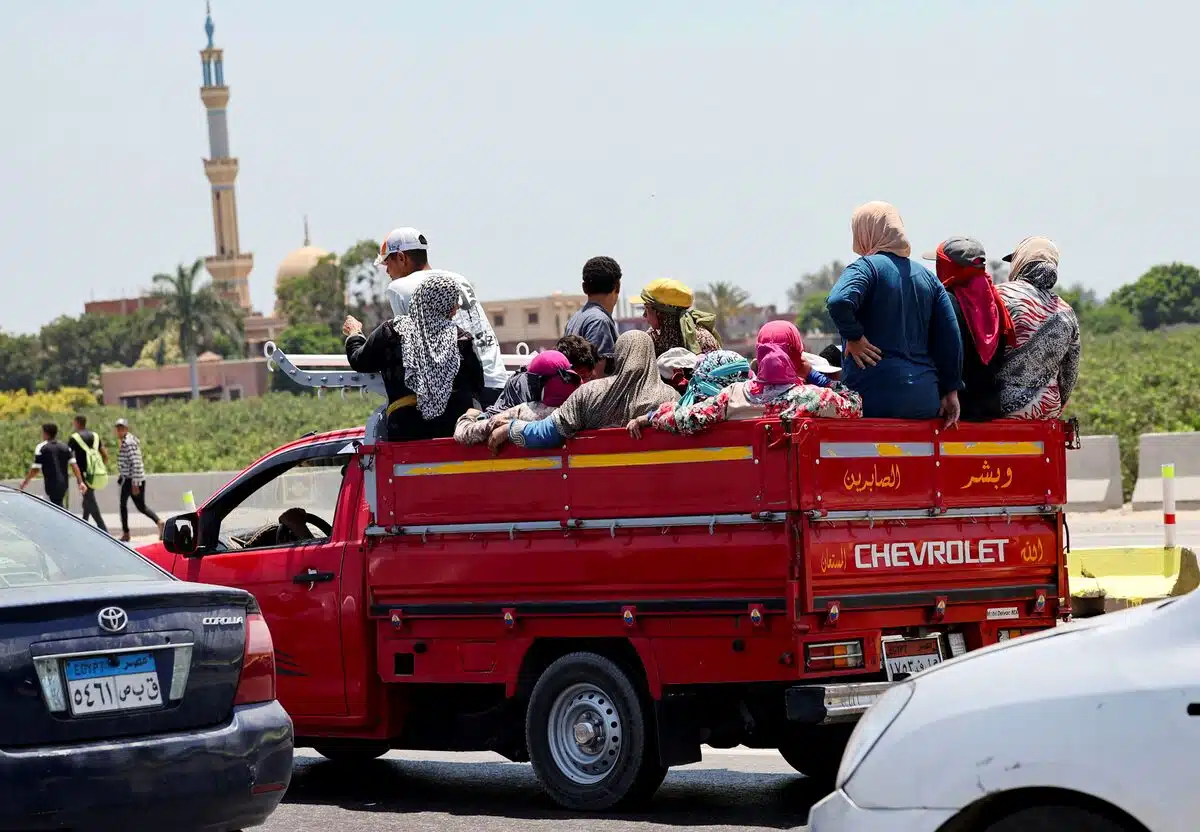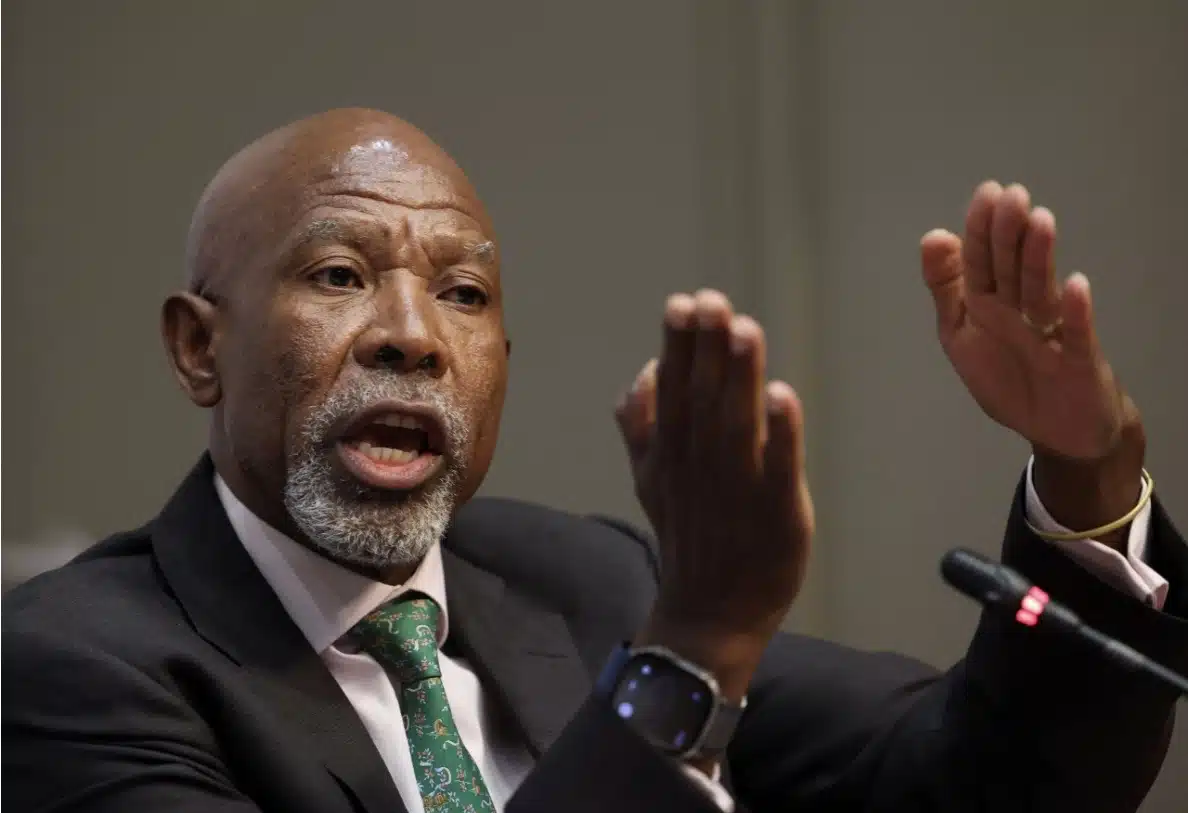South Africa is pressing ahead with reforms to open its mining sector and modernise infrastructure, a drive that is drawing growing attention from Indian businesses seeking opportunities in Africa’s most industrialised economy.
The country holds vast deposits of gold, platinum and other critical minerals, but for years investment has been slowed by regulatory bottlenecks and logistical breakdowns.
To tackle these hurdles, the government introduced the Mineral and Petroleum Resources Development Bill in May 2025, replacing the outdated Petroleum Resources Development Act of 2002.
The bill seeks to streamline approvals by aligning mining rights and environmental permits with existing laws such as the National Environmental Management Act and the National Water Act.
Officials argue that harmonising these processes will cut red tape, reduce costly delays, and boost investor confidence at a time of fierce global competition for mineral capital. For foreign partners, the changes could lower entry barriers.
“Anyone can obtain a licence to prospect and search for minerals or to mine these minerals, which is a unique proposition when compared to other economies,” said Nitin Agrawal, Group Chairman of Johannesburg-based Oza Holdings.
Indian firms in particular are taking notice. During a recent visit by 36 young Indian entrepreneurs under the Confederation of Indian Industry’s Young Indians network, Agrawal pointed to visible improvements in rail and port operations.
“We have seen a significant improvement in South Africa within rail and port operations in 2025,” he said. “We see 2026 to be a very improved environment for port and rail capacity, which will provide additional leverage to mining companies and improve their overall competitiveness in the global market.”
The reforms form part of Pretoria’s broader Operation Vulindlela programme, launched in 2020 to unlock investment and expand private-sector participation in infrastructure.
Transport and logistics have been a focal point, as inefficiencies in state-run rail and ports have long constrained mineral exports. Privatisation efforts are already boosting confidence, with Indian railway manufacturers expected to benefit as South Africa outsources rail services and equipment.
Beyond logistics, policymakers are also pushing local beneficiation, encouraging value-added processing of minerals to deepen economic linkages and create jobs. That ambition, investors say, plays to India’s strengths in manufacturing and skills transfer.
Still, not everyone is convinced. The Minerals Council South Africa, which represents industry players, warns the bill in its current form does not “encourage or sustain the growth and investment that the mining industry needs to realise its full potential.”
The lobby is urging revisions to ensure reforms deliver on the country’s goal of becoming a more competitive global mining hub.

